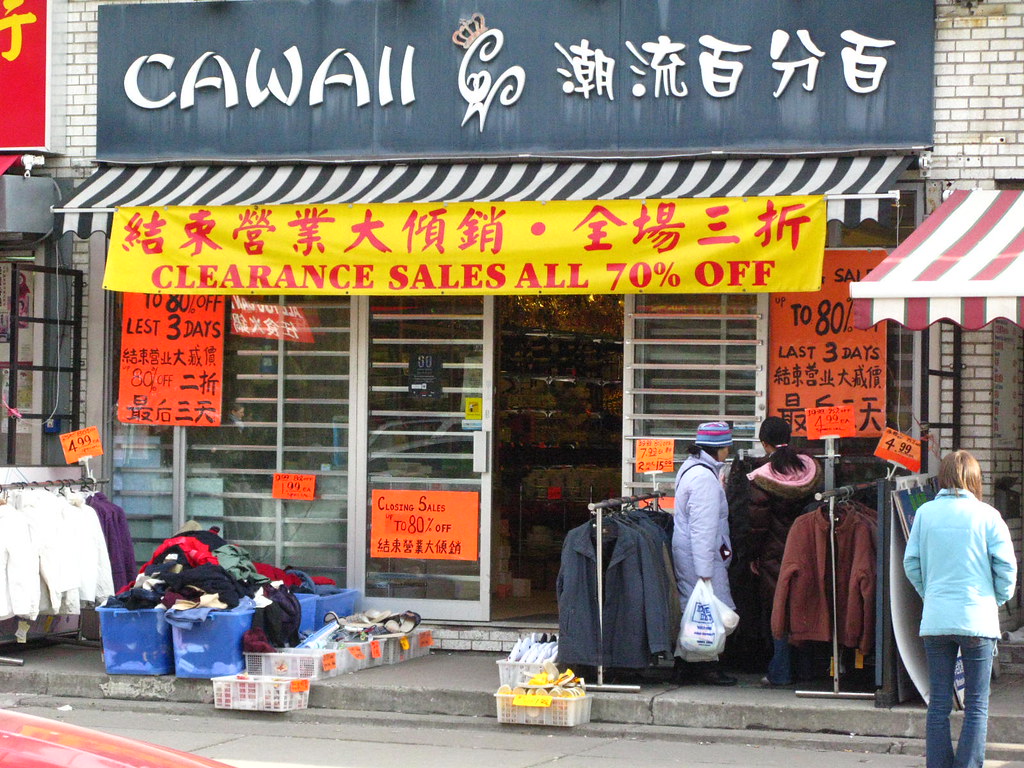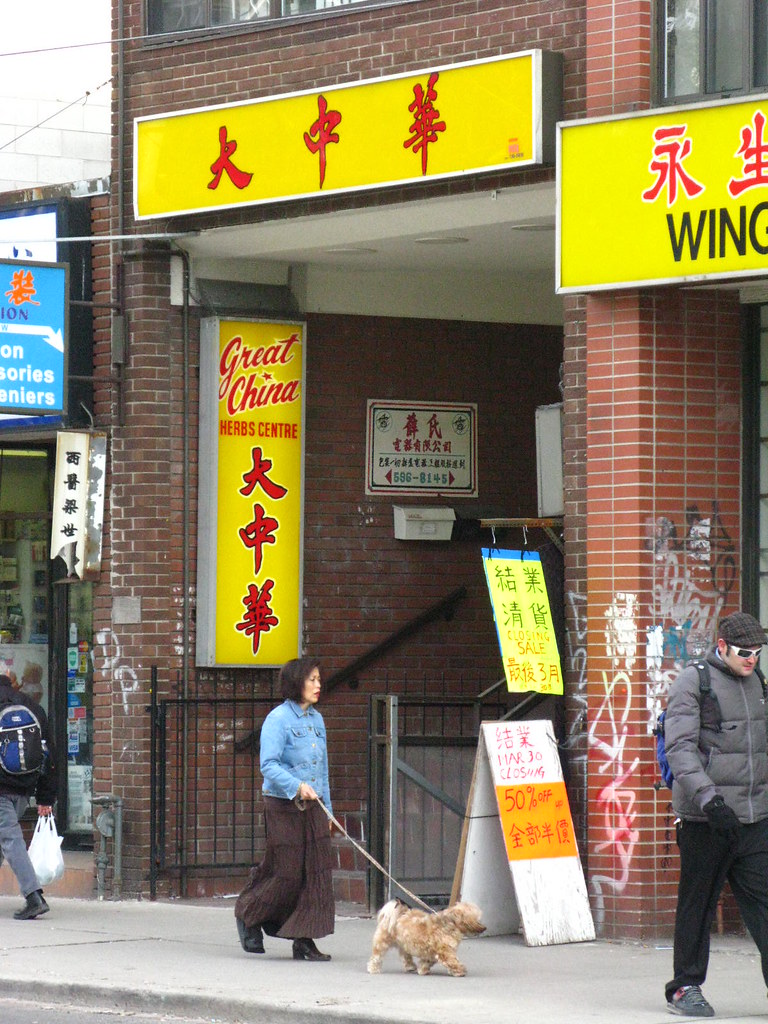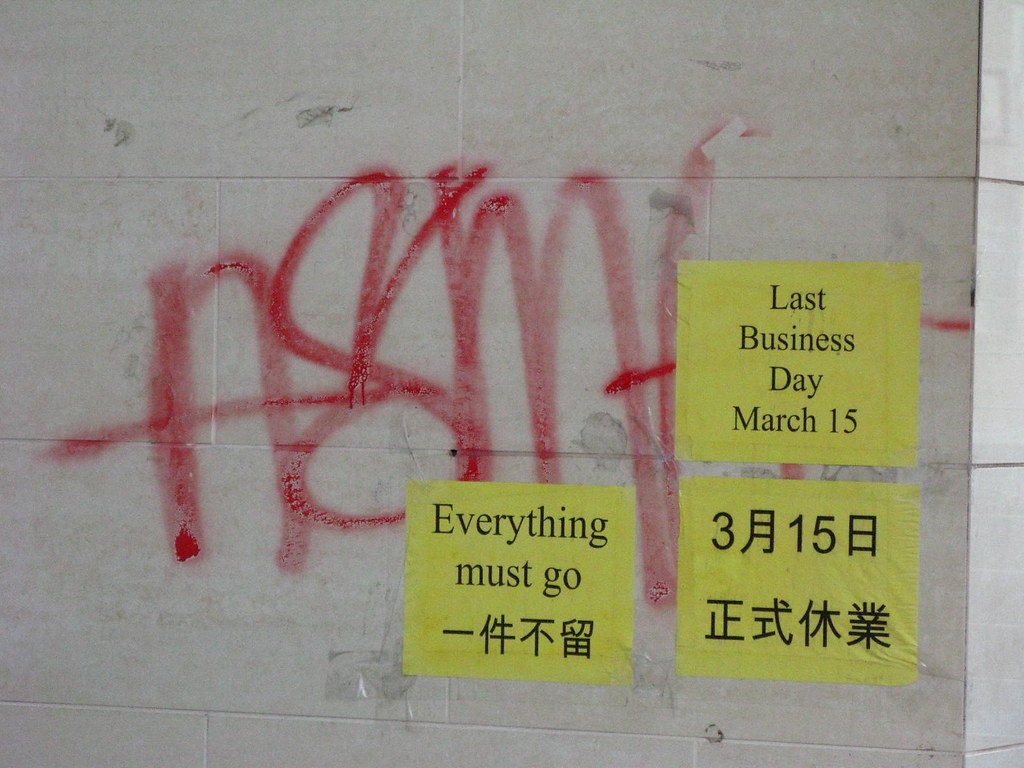prosperegal
Senior Member
When I was in high school (in the 90s), my parents wouldn't let me walk around Chinatown myself like I was allowed to do in, say, Markham. They said that Chinatown was dangerous and full of gangs.
As for schools: I think the parents aren't against diversity, but are worried that the standards are lower at schools where kids are new to the country. I mean, look at all the Chinese and South Asian families who're putting their kids in old line (read: historically VERY WASPY...but not WASPY anymore (at least not since the 80s)) independent schools.
As for schools: I think the parents aren't against diversity, but are worried that the standards are lower at schools where kids are new to the country. I mean, look at all the Chinese and South Asian families who're putting their kids in old line (read: historically VERY WASPY...but not WASPY anymore (at least not since the 80s)) independent schools.














